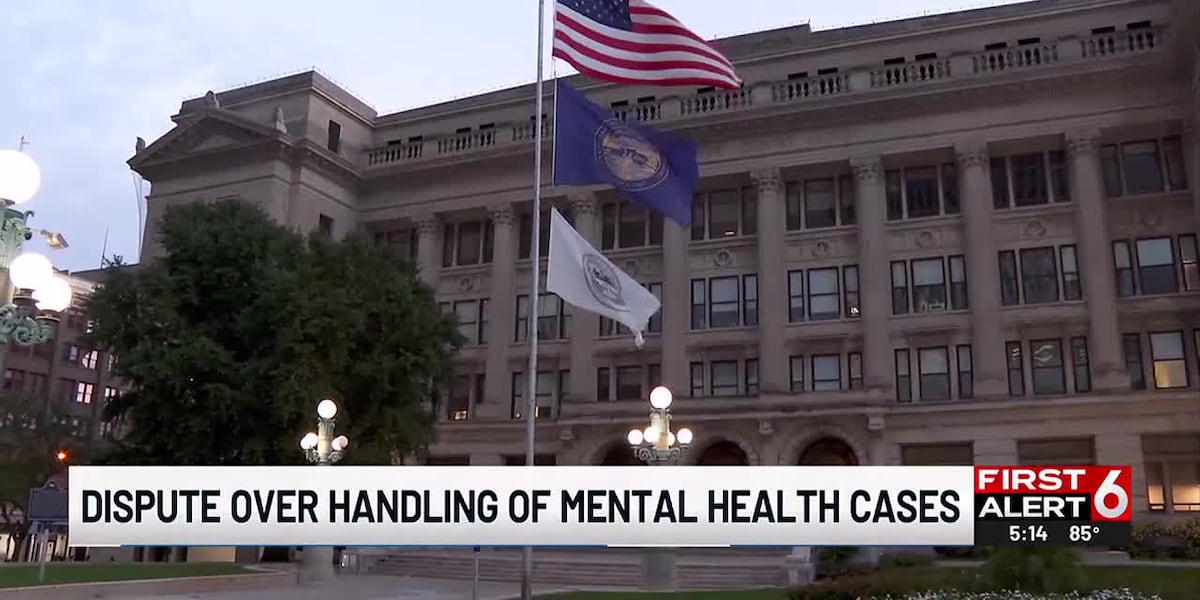Should Scottish Kids Be Kept in School at Lunchtime? Debate Rages Over Health Boost

A fiery debate has erupted in Scotland after a Scottish Conservative MSP proposed a radical solution to improve public health: banning pupils from leaving school grounds during lunchtime. Brian Whittle argues that this intervention, while carrying a “significant” financial cost, is a vital step in enhancing the life chances of young Scots.
The proposal has sparked considerable discussion, with supporters highlighting the potential benefits for both physical and mental well-being. Concerns around childhood obesity, particularly in deprived areas, are a major driver for the suggestion. Keeping students on school premises would allow for healthier food options to be readily available, and offer opportunities for supervised physical activity during break times. Schools could potentially run organised sports, games, or even health and wellness workshops, replacing the often-unhealthy choices and sedentary habits prevalent when students are free to roam.
Whittle's argument centers on the long-term impact on Scotland's population health. He believes that tackling health issues early on, through preventative measures like this, will ultimately reduce the burden on the NHS and improve overall quality of life. He acknowledges the financial implications – the need for increased staffing to supervise students, potential investment in improved facilities, and the cost of providing healthier food options – but insists the benefits outweigh the expense.
However, the proposal isn't without its critics. Many parents and educators argue that restricting students’ freedom undermines their autonomy and could lead to resentment and behavioural issues. Concerns have also been raised about the practicality of enforcing such a ban, particularly in schools with limited resources. Some argue that focusing on educating children about healthy choices and providing access to affordable, nutritious food outside of school would be a more sustainable and effective approach.
Furthermore, the proposal raises questions about parental rights and the role of schools in shaping children's lives. While the intention is noble – to improve health outcomes – critics worry about the potential for overreach and the erosion of personal responsibility. There's also the argument that simply keeping kids within school walls won't address the underlying social and economic factors that contribute to poor health.
The Scottish government has yet to formally respond to the proposal, but the debate is likely to continue, highlighting the complex challenges involved in tackling public health issues and the differing approaches to achieving positive change. Ultimately, any decision will need to carefully balance the potential benefits with the practical considerations and the impact on students, parents, and schools alike. The conversation underscores the ongoing need for creative and robust strategies to improve the health and well-being of Scotland's young people, and whether this lunchtime ban is the right path remains to be seen.






